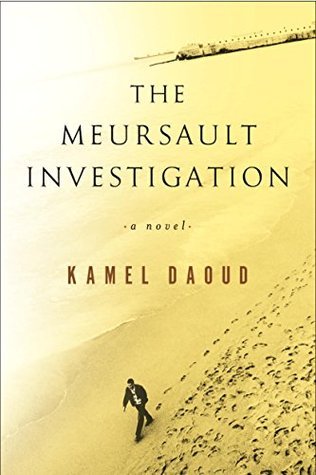
An Unnecessary Woman
Book Description
In a city torn apart by war and memories, Aaliya, a reclusive woman, finds solace in her beloved books, crafting her own narrative of existence from the pages of others. As explosions reverberate outside her walls, she grapples with the tension between her vibrant inner world and the harsh realities of life in Beirut. Each word she reads becomes a lifeline, each reflection a mirror of her unfulfilled dreams and sorrows. Yet, as the lines between fiction and reality blur, Aaliya must confront the profound question: can a life spent in solitude ever truly be enough?
Quick Book Summary
"An Unnecessary Woman" by Rabih Alameddine presents the story of Aaliya Saleh, a reclusive septuagenarian in Beirut who finds meaning and comfort in books amidst a city changed by war and personal regret. Each year, Aaliya secretly translates a book she loves into Arabic, but never shares these translations, stacking them away in her apartment. As war and urban decay form the backdrop, Aaliya’s introspective narrative explores her complicated relationships—with her family, her neighbors, and most profoundly, with literature itself. Through memories and meditations, the novel reflects on isolation, the search for identity, the transformative power of art, and the blurred lines between fiction and reality. Ultimately, Aaliya questions the significance of her solitary existence and whether her life, shaped by literature, holds any meaning beyond herself.
Summary of Key Ideas
Table of Contents
Solitude and Self-Identity
Aaliya Saleh, the protagonist in "An Unnecessary Woman," is an aging, childless, divorced woman living alone in Beirut. Her life is marked by detachment—from her family, former husband, and the bustling world outside her door. Her sense of self is shaped by her solitude, and she constructs her identity not through social interaction but through an intimate relationship with literature. Aaliya is methodical, translating a new novel every year into Arabic, but she hides her work away, making her creative accomplishments invisible to others and reinforcing her sense of being unnecessary.
The Transformative Power of Literature
Literature is Aaliya’s refuge and passion. The novels, poems, and philosophical texts she reads and translates provide both escape and meaning. Literary references and quotations fill her days, and the boundaries between fiction and her reality blur as she navigates the trauma of Beirut’s wars and her past disappointments. Books grant her agency and solace, letting her transcend her loneliness and the turmoil outside. The act of translating, even if only for herself, symbolizes the transformation and reinterpretation of both texts and life experiences.
Memory and the Postwar Experience
The ravaged city of Beirut functions as more than a backdrop—it is deeply intertwined with Aaliya’s reflections. The city’s enduring scars from war mirror her own inner wounds and regrets. As old buildings decay and memories resurface, Aaliya recalls the violence she has witnessed and the losses she has endured. These memories shape her outlook and highlight the challenges of living in a society still grappling with its traumatic history. The novel explores how personal and collective memories coexist, each shaping the possibility—or impossibility—of renewal.
Isolation versus Connection
Aaliya’s interactions with her neighbors, particularly the group of women she refers to as the “witches,” serve as occasional intrusions from the outside. Although she prides herself on her independence, these neighbors represent the potential for connection she has often resisted. Over time, moments of vulnerability and crisis force Aaliya to reconsider her relationship to her community and question the value of complete isolation. The narrative challenges the idea of whether true independence can—or should—exist in total solitude.
Women’s Roles in a Changing Society
Finally, the novel probes the roles and expectations foisted upon women by society. Aaliya’s very existence challenges traditional narratives about women’s value, purpose, and place, particularly in a patriarchal Middle Eastern context. Through her story, Alameddine asks profound questions about artistic creation, usefulness, and how women—especially those who resist easy categorization—navigate a world that often overlooks or dismisses them. Ultimately, "An Unnecessary Woman" is a meditation on finding meaning, legacy, and belonging amid silence, chaos, and the written word.
Download This Summary
Get a free PDF of this summary instantly — no email required.





